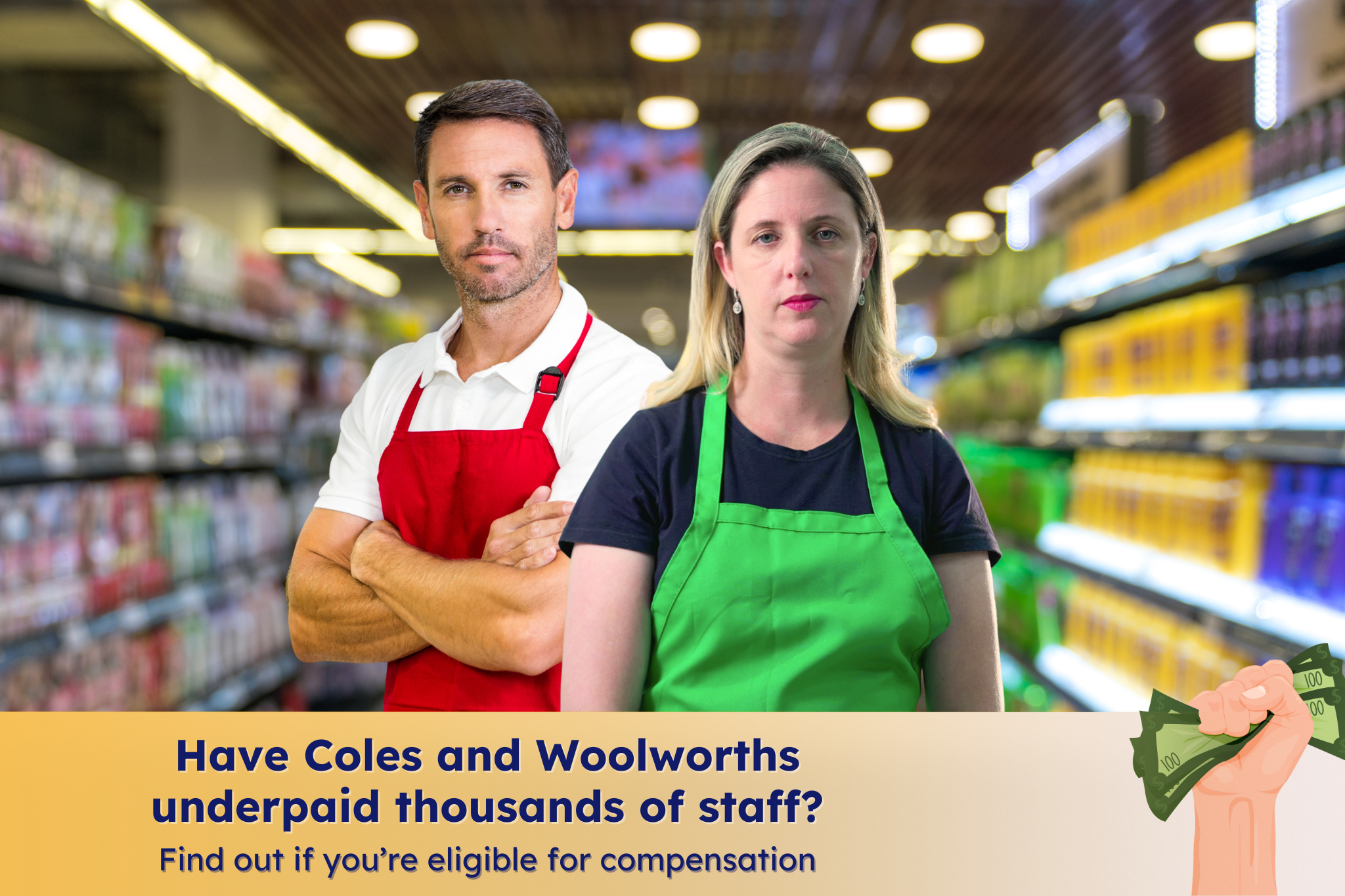
Asking the Right Questions: A Comprehensive Guide on Car Insurance
Last updated on May 15th, 2025
If you have a car, you need car insurance, that part is simple. Deciding on car insurance, that can be a bit overwhelming, especially if you don’t know where to begin. To assist you in feeling confident in your choice for insurance for the years to come, we've shared the top things you need to know.
Usually, you allow your car insurance to renew itself without asking if there are better deals. Because of this, you hand out a 'lazy tax'—missing out on paying a lower premium amount— simply because you've previously agreed to give a particular price.
Every policy sold is money in the bank for insurance companies. This is especially true since you don’t always make a claim as a policy holder. This doesn’t mean you shouldn’t get car insurance, though. It only means that you should be smart in choosing your policy.
As part of registering your car, you already have Compulsory Third Party (CTP) which covers accidental injury or death of third parties. But your choices don't end there. There’s also third party property and comprehensive car insurance. Most people decide to pay for comprehensive insurance - this level of cover is broad and flexible. It doesn't matter who's at fault in an accident in most cases, and it covers you for a variety of events. It's a little more expensive than other car insurance options, but your coverage can include:
-
- insurance for accidental loss or damage;
- Third Party Insurance coverage such as legal liabilities for damage to other people's property; and
- roadside assistance after an accident.
Comprehensive car insurance takes care of you, your car, and other people. It looks out for them physically and their property if there’s an incident. While third party insurance only takes care of the other person’s vehicle or other property.
What are you paying for when you buy car insurance
Car insurance protects you from different kinds of loss or damage in case of an accident, theft, or repairs. It promises to give you peace of mind and financial support knowing that someone else will pay for the damage when you run into an incident.
On the other hand, you can pay for your insurance for months or years and never make a claim. This is ultimately a good thing but it also means you’ll never see the benefits of what you’ve been paying for.
So how can you be sure that your premium is working for you? With so much to choose from—so many terms to consider, so many people to talk to, so much interrogation—how do you know you’re making smart decisions?
Key questions to save on comprehensive car insurance

When you sign up for comprehensive car insurance, the insurance company is assessing how ‘risky’ it is to insure you. They are calculating how likely it is that you’ll make a claim in the future. Remember this rule of thumb: the higher the risk for them, the higher the premium you’ll be charged.
Age and Experience
You age is particularly important as most insurers put in an age excess for drivers below 25—those who have less experience driving. However, some insurers offer discounts for years of driving experience. So experience can offset a young age. A handy hint is to include a younger driver as a supplementary driver on a family policy. That way, when a younger driver becomes responsible for their own car insurance policy, they can be eligible for driving experience discounts which may reduce the cost of their policy.
For Auto & General (A&G), for example, the excess for drivers under 21 is $600, while for drivers aged 21-24, it’s only $500. For Insurance Australia Group, the excess for drivers under 21 is even higher at $800, while for drivers aged 21-24, it’s only a little more than half of that at $450.
Choosing your excess
Excess is the amount you agree to contribute in making your claim, leaving the insurer to cover the remainder amount. For example, if your excess is $800 and your total bill in an accident is $2000, you will only pay $800. The remaining $1200 will be paid for by your insurer.
You can pay a standard excess, as directed by your insurer, or choose a voluntary type of excess where you decide on the price of whether you get a higher or lower premium.
You can get a lower premium with a higher excess or the other way around. So when selecting a car insurance policy, consider what the premium will be with various amounts for excess and decide on what works best for your situation. And think about what you can afford to pay for in repairs if you have an accident.
There’s also a possibility that you won’t have to pay excess at all. This happens when your car insurance company finds that the other party was entirely at fault. For your excess to be waived, your insurer also has to receive the details of the other driver, including their full name, address, and vehicle registration number. So make sure you get the all details of any other driver involved as this can save you hundreds of dollars and preserve your no claim bonus.
Insuring for agreed or market value
The market value of your vehicle is the ‘open market’ value before the accident. Market value is the most common method of insuring a vehicle in Australia. The amount is determined by your insurer, and is based on industry standards. Signing up for a ‘market value’ policy usually means your premium will be lower, but your car’s market value also diminishes over time.
If you want certainty on how much you’ll receive for a payout following a vehicular incident, you can choose agreed value car insurance. This is when you and your insurer agree your vehicle is valued at a specific price, hence the name. Policies usually cost more with this option as insurers say your car becomes more difficult to repair or replace over time. But unlike market value, the agreed monetary worth of your car stays the same over the years.
Most but not all insurers have the option to choose from agreed or market value. Poncho Comprehensive and PD Comprehensive, for example, only offer agreed valuation. For some insurers like ahm Comprehensive, you won’t have to choose as you can get both. If you want to have a choice between the two, you can consider Budget Direct, Bingle, Coles Insurance, Huddle, Woolworths, Qantas, Virgin, Stella, Youi, and Australia Post, among others.
Driving and claims history
Keeping a good driving and claims history will save you on your insurance. Insurance companies see experienced drivers with a clean driving background, and those who haven’t previously made car insurance claims to be low risk. This means they offer lower premiums to these people. So if you’re looking to nominate another driver on your policy, consider their driving and claims history too, as they may cause your premiums to increase.
Business or personal
Is your car used for business purposes? Professional vehicles have a higher premium as they are usually on the road more frequently.
Financing
Is your car still under finance? Here’s a tip: If it is, you might want to consider getting agreed value coverage. The key is to agree to a value that is at least the remaining loan amount. This way, you can square away the debt in case of a total loss.
History of damage
Does your car have any rust, hail, panel, or accident damage? This is important as it affects the market value of your car. Make sure you maintain the integrity of your vehicle with these simple do-it-yourself checks.
Adding extras
Car insurance providers love to sell you optional extras because it increases the amount you pay. But before you agree to extras, consider how important it is that you have them.
Hire car - Hire car cover for theft is usually included in your policy. But hire car cover for accidents is often optional. This is true for insurers like Budget Direct, AAMI, Suncorp, GIO, and QBE.
Most people don’t realise that, if another driver is responsible for the accident, their insurance company will provide you a hire car.
If you’re still considering if it’s worthwhile paying for optional car hire, let us do the math for you: daily car rental is usually $35 and it costs around $8 a month to add accidental hire car to your policy. Given this data, it would take around 2.5 years of paying for it in your premiums to spend as much on car rental for a week if you needed it.
Windscreen - Driving around with a broken or even chipped windscreen is dangerous, and cracks tend to spread when formed. This is usually an add on, but it’s an add on that can save you $250-$1000 in case of window glass damage.
Choosing the right provider

There are a lot of insurance companies out there, and some are more popular than others. Supermarkets like Coles, for example, now offer car insurance because they are well-known household brands. But if you shop around, you’ll find that their premium is higher than the average.
Going online to see what people have to say or asking your friends for a review of their current or past car insurance provider is also a good way to find out their perks and drawbacks. But although these are good references, your personal needs are still what matters most. Make sure you’re asking the right questions to find a policy that’s right for you.
Looking around for the best deal is usually the better choice than sticking to your usual option. Your current policy may have been good for you for a while, but as the times change, so do your needs and lifestyle. There’s the ‘lazy tax’ to consider, not to mention varying factors such as your age and the price estimation of your vehicle.
With all this new helpful information you’ve just read, you’re now better equipped to make an informed decision. But we want to make it even easier and less hassle for you to get a better deal with your car insurance.
Sign up to Handle My Complaint’s Car Insurance Renewal tips and reminders, we will send you prompts and tips to help you get a better deal the next time your car insurance is up for renewal. And if you're looking for a fresh car insurance policy, you can also sign up for tips and reminders, just set the date of your renewal to tomorrow’s date.
So, let’s fasten your seatbelts and take this trip together.
When something goes wrong
If you remain dissatisfied, use Handle My Complaint and we'll help you follow through with your car insurance complaint. We are here to help you handle it, just let us know the details of your complaint. Just say the magic words 'Help Me Handle It'.






